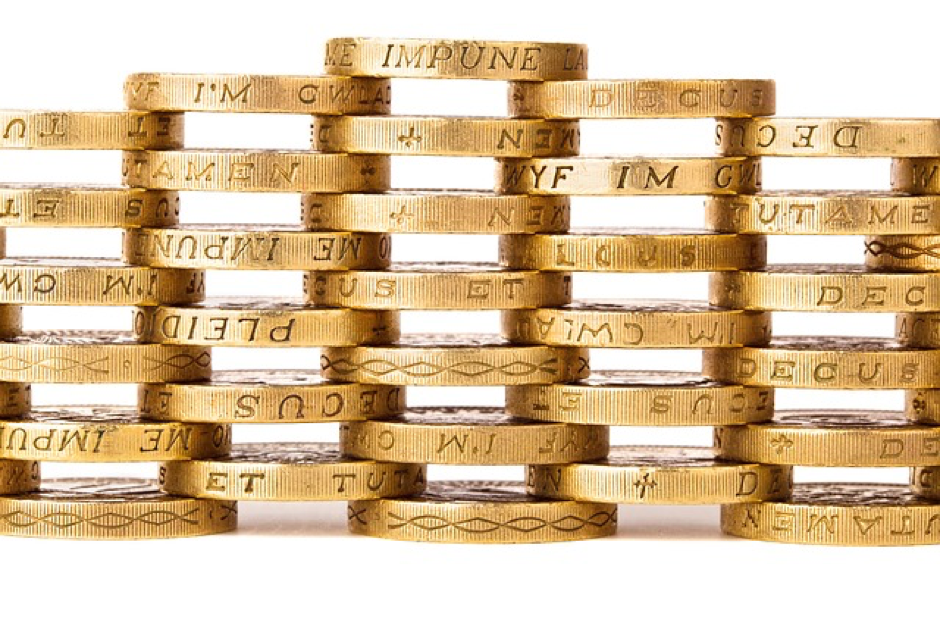
A crucial part of getting your finances in order is taking the time to go through all the monthly payments you make. Chances are, there’s a lot more of them than you initially think.
If you were asked to name the amount of money you pay out and to where every month, you could probably have a good guess without checking. You pay your rent or mortgage. You pay your utilities; the gas, electricity, and service charges for your home if applicable. You’d then be able to add in a few of the necessary insurance items, for your home and car. Then your cable bill… and that’s pretty much it, right?
The reality for most families is usually a bit more complex. For one thing, some monthly payments won’t be made from your bank account. You might have a PayPal payment setup that comes off a credit card. Furthermore, streaming services like Netflix tend to accept payment by card only. Then there’s the outgoings you will usually handle in cash, such as how you pay for gas for the car, or the money you pay to your childcare. Add it all up, and your monthly outgoings are probably a lot higher than you initially estimated they were.
So it’s time to start crunching them down.
The Little Amounts That Add Up
When you’re trying to pay off debt, you will hear an endless chorus of how “every little helps” and “any contribution is valuable”. That’s true. If you find £5 down the back of the sofa, then putting that £5 towards debt is a good use of it. Little amounts do add up.
What’s said less often is that the same is true of outgoings. You might think that £7 a month for Netflix sounds like a steal – and it is. But if you then pay an extra £10 to NowTV – which also sounds like a steal, taken in isolation – then the amount is beginning to creep up. That’s not to mention the items you buy ad hoc, such as iTunes or Google Store purchases. You could easily be spending £40 a month, but you wouldn’t even realise it because the money doesn’t come out as a direct debit.
So go through all of those regular payments and see which ones you can cull. You might think cutting back by single-figure amounts isn’t going to do much for your financial circumstances, but it will.
The Insurance Trap
Do you have mobile phone insurance? Or travel insurance? If you do, great – but you might be overcovered. A number of bank accounts now offer these insurances as inclusive parts of the deal, so check your terms and conditions or you could find yourself paying more for something you don’t need. In fact, check over an insurance guide in general just to be sure you’re only paying for policies that are actually useful to you.
It’s also important to remember to check old policies have expired and you’re no longer paying them. Most premiums these days “auto renew”, which means if you’re not on the ball, you could be paying two companies for the exact same coverage.





